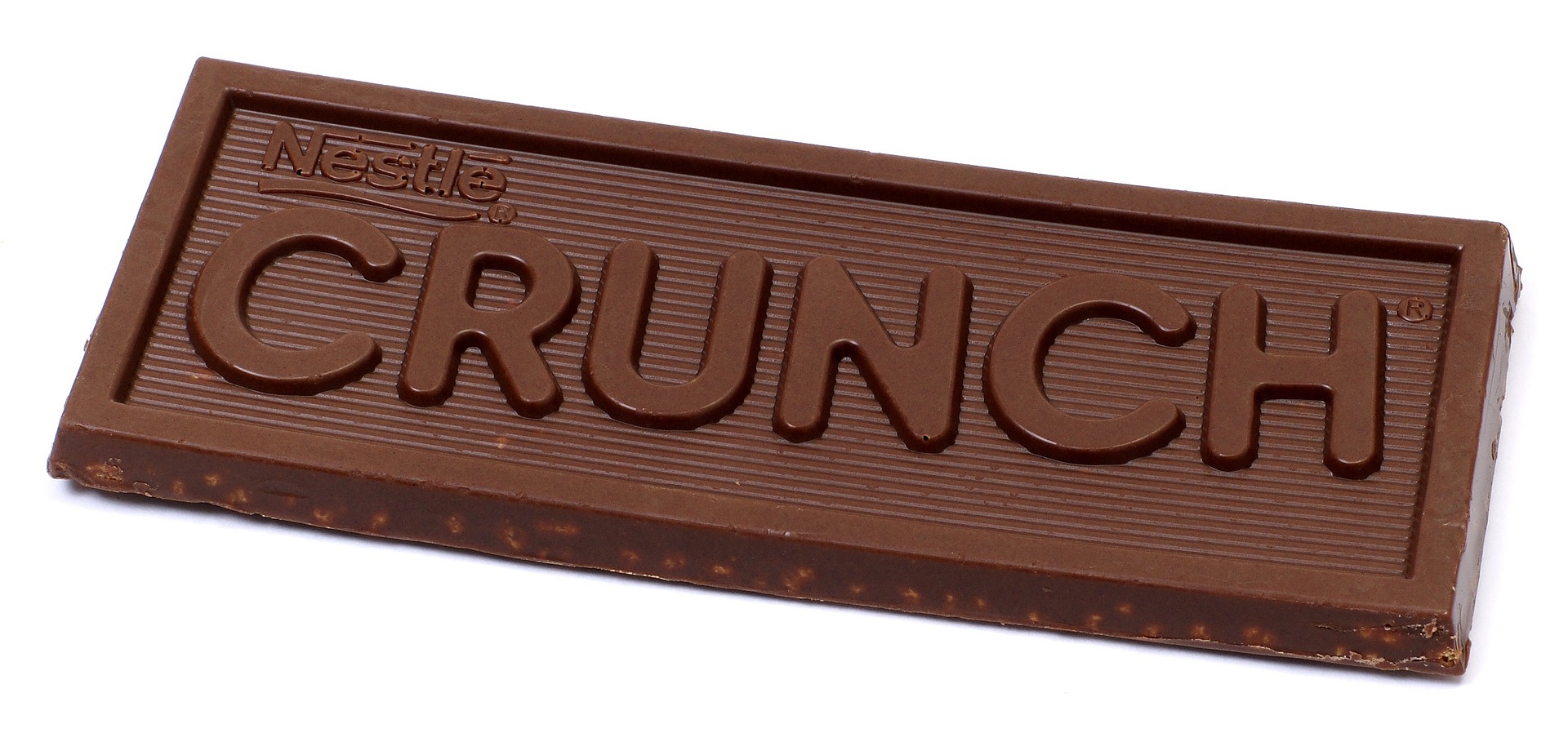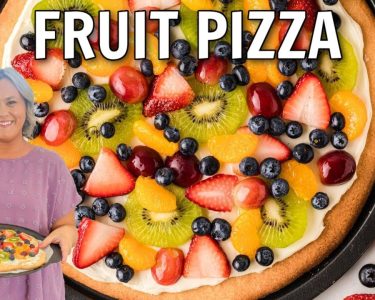Are you confident that the food and beverages you consume are healthy? With so many options available in grocery stores, it can be challenging to determine which products are genuinely good for our bodies. Recently, Nestlé – one of the world’s largest food companies – made a stunning admission: The majority of their products aren’t healthy. This revelation begs the question: Can we trust what we’re eating? In this blog post, we’ll explore why you should be cautious when trusting food companies and what steps you can take to ensure your diet is as wholesome as possible.
Nestlé’s food and beverage products
Nestlé is a multinational food and beverage company that has been around for over 150 years. They produce a vast range of products, from chocolate to coffee to baby formula. While some of their goods are considered healthy options, the majority have recently been deemed not suitable for our bodies.
Nestlé’s product lines include well-known brands such as KitKat, Nescafé, and Gerber. However, they also manufacture many lesser-known items like frozen pizza and instant noodles – which aren’t exactly known for being nutritious.
Despite this revelation about the healthiness of Nestlé’s offerings, they continue to be highly popular among consumers worldwide. Many people opt for convenience over wellness when it comes to food choices or don’t have access to healthier options due to cost or availability.
The issue with Nestlé’s lack of emphasis on producing healthy foods raises questions about other large food companies’ priorities as well. It highlights how important it is that we educate ourselves on what we’re consuming so that we can make informed decisions about our diets.
The majority of Nestlé’s products are not healthy
When we think of Nestlé, we might picture chocolates and sweets – but the company produces far more than just candy. In fact, Nestlé is one of the largest food and beverage companies in the world, with a portfolio that includes everything from bottled water to baby formula.
Unfortunately, according to a recent report by The Lancet Global Health journal, the majority of these products are not healthy. Specifically, more than 60% of Nestlé’s products fail to meet recognized standards for “healthy” foods and drinks.
This is concerning news for consumers who rely on food labeling to make informed choices about what they eat. It also highlights how important it is for us as individuals to educate ourselves about what we’re eating and drinking.
Of course, this isn’t unique to Nestlé – many other large food companies have been criticized for their product offerings over the years. But it does reinforce that we can’t always trust what’s on our supermarket shelves without doing some research first.
So next time you’re shopping for groceries or grabbing a snack on-the-go, take a moment to read the labels carefully and ask yourself: Is this really something I want to put into my body?
Why you should be careful when trusting food companies
When it comes to food, it’s easy to trust what the packaging and marketing tells us. We often assume that if a product is on store shelves, then someone has deemed it safe for consumption. However, this isn’t always the case.
Food companies have one main goal: to make money. And sometimes they do so at the expense of our health. It’s important to remember that just because something is labeled “organic” or “all-natural,” doesn’t mean it’s automatically healthy.
Companies also have a tendency to use misleading language on their packaging. Terms like “reduced fat” or “low sugar” might sound appealing, but in reality, these products are still highly processed and can be filled with unhealthy additives.
It’s not just about individual products either – entire brands can be problematic as well. Nestlé may have admitted that most of their foods aren’t healthy, but other companies likely share similar issues without publicizing them.
Ultimately, we need to take control of our own nutrition by educating ourselves about what goes into our food and making informed decisions based on that information.
What other food companies are doing
Many other food companies are also facing scrutiny over the nutritional value of their products. In recent years, there has been a growing trend towards transparency and accountability in the food industry.
Some companies have responded by reformulating their products to make them healthier, while others have introduced new lines of healthier options. For example, PepsiCo recently announced that it plans to reduce sugar and salt in its products and increase marketing for healthier options.
Other companies have focused on improving sustainability and ethical practices in addition to nutrition. Unilever has made significant strides in this area with its Sustainable Living Plan, which aims to improve the health of people and the planet through sustainable business practices.
It is clear that consumer demand for healthy and sustainable food is driving change across the industry. While there is still a long way to go before all foods are truly healthy and nutritious, these efforts show promise for a better future.
What you can do to make sure you’re eating healthy food
When it comes to ensuring that you’re eating healthy food, there are a few things you can do. Firstly, start by reading the labels on your food and beverage products carefully. Look out for any ingredients that seem unfamiliar or difficult to pronounce – these are often additives and preservatives that may not be good for your health.
Another helpful tip is to try and cook more meals at home using fresh, whole ingredients. This way, you have complete control over what goes into your food and can ensure that it’s free from any harmful additives or excess sugars.
It’s also important to try and limit your intake of processed foods as much as possible. These types of foods are often high in sugar, salt, and unhealthy fats which can contribute to a host of health problems such as obesity and heart disease.
In addition, don’t forget about the importance of staying hydrated! Drinking plenty of water throughout the day will help keep your body functioning properly and flush out any toxins from your system.
Consider consulting with a registered dietitian who can provide personalized guidance on how best to fuel your body with healthy foods based on factors like age, gender, activity level, and overall health status.
Conclusion
The recent admission by Nestlé that a majority of their food and beverage products are not healthy highlights the need for consumers to be cautious when trusting food companies. While it is important to hold these companies accountable for providing accurate information about their products, ultimately, it is up to individuals to take control of their own health.
By educating ourselves on nutrition and reading labels carefully, we can make informed decisions about what we eat. Additionally, choosing whole foods over processed options whenever possible and cooking meals at home can help ensure that we are consuming nutritious ingredients without added preservatives or artificial flavors.
It’s time for all of us to start prioritizing our health and making conscious choices about the foods we consume. By doing so, not only will we improve our own well-being but also send a message to food companies that we demand transparency and healthier options.




